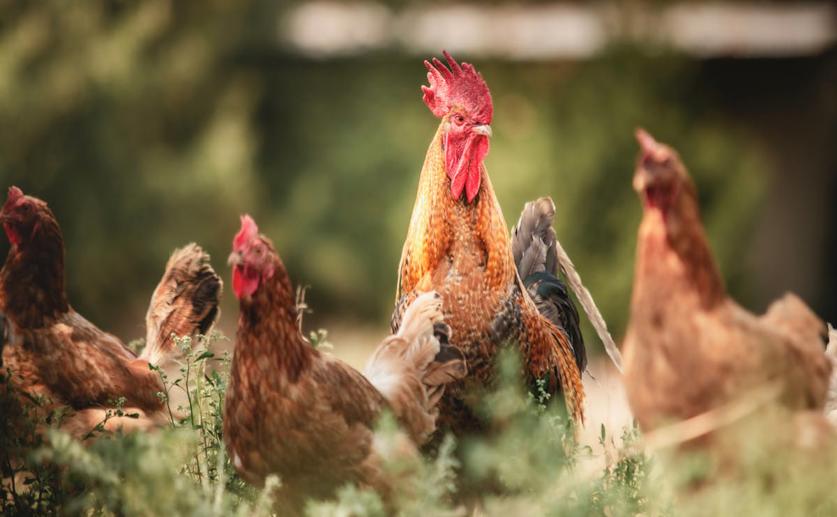
Improving Rooster Semen Storage with Nettle Extract at Low Temperatures
Jenn Hoskins
11th September, 2024

Image Source: Majkel Berger (photographer)
Key Findings
- The study from the University of Kurdistan found that nettle root aqueous extracts at 0.5 mg/100 mL significantly improved rooster sperm quality during storage
- Improvements included better sperm motility, viability, fertility, and membrane integrity, along with reduced oxidative damage
- These findings suggest that nettle extracts could enhance avian breeding programs by protecting sperm during storage
BiochemPlant ScienceAnimal Science
References
Main Study
1) Supplementation of Rooster Semen Extender with Aqueous Extract of Urtica dioica for a Long Time Preservation by Low Temperature.
Published 10th September, 2024
https://doi.org/10.1089/bio.2022.0165
Related Studies
2) Expression of antioxidant genes in broiler chickens fed nettle (Urtica dioica) and its link with pulmonary hypertension.
3) Thiols prevent H2O2-mediated loss of sperm motility in cryopreserved bull semen.
Journal: Theriogenology, Issue: Vol 56, Issue 2, Jul 2001
4) L-Carnitine in rooster semen cryopreservation: Flow cytometric, biochemical and motion findings for frozen-thawed sperm.
5) Reproductive performance, semen quality, and fatty acid profile of spermatozoa in senescent broiler breeder roosters as enhanced by the long-term feeding of dried apple pomace.



 6th September, 2024 | Jenn Hoskins
6th September, 2024 | Jenn Hoskins